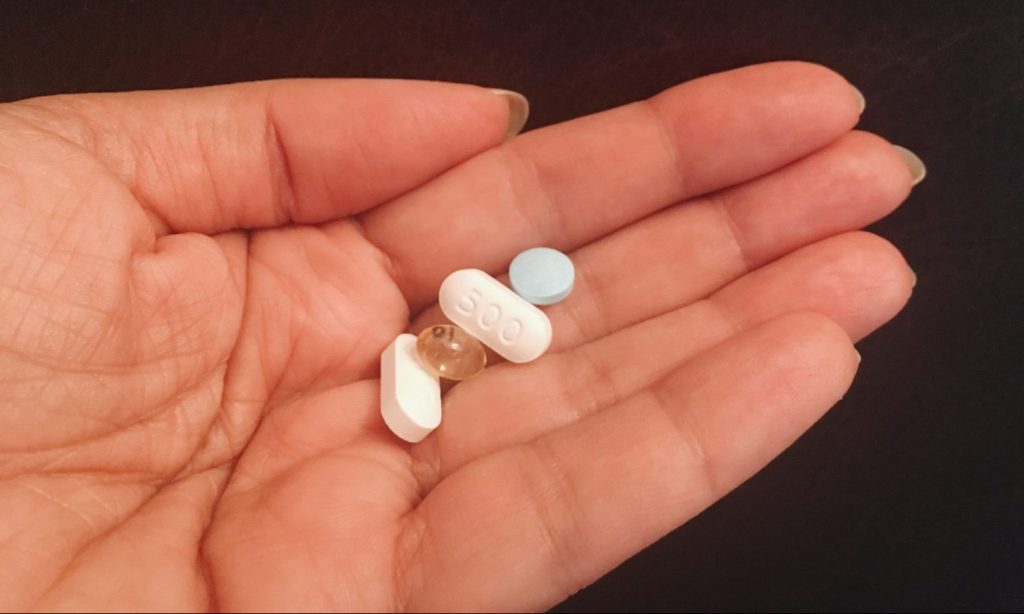WeedLife News Network
What US Government Could Learn From Oregon’s New Drug Decriminalization Law

Even though the state’s decriminalization model won’t eliminate all problems associated with drug abuse, it could help chip away at it while saving law enforcement resources.
Oregon decriminalized the possession of all drugs in the November 2020 election. The law officially goes into effect on February 1, 2021. This means, from this point forward, those caught holding what the state considers a “small amount” of any illegal substance, including cocaine, methamphetamine and heroin, will no longer be charged with a crime and fed to the wolves of the criminal justice system. Instead, the offender would have to pay a small fine. No jail, no lengthy court battle.
The state is also putting a renewed focus on drug rehabilitation by allotting more than $100 million in cannabis taxes for those services. This concept might sound groundbreaking, but it is actually nothing new. Drug decriminalization has been successful for decades in Portugal. But will the United States government take notice of this policy and make a similar shift in the coming years?
The new drug decriminalization law in Oregon eliminates the criminal penalties associated with the possession of illicit substances and makes it a civil infraction. Anyone caught holding personal amounts of illegal drugs will be given the option of paying a $100 fine or participating in a health assessment. The goal is to provide addicts with a pathway to recovery rather than treat them like criminals.
According to the Oregon Criminal Justice System, the new law will decrease the number of convictions for possession of controlled substances by more than 90%. In addition to using cannabis funds to finance addiction services, the state says it will save millions by not locking up drug offenders. This money will also be put toward harm reduction programs.

Photo by pina messina via Unsplash
Portugal became the first country to decriminalize all drugs in 2001. It didn’t do this to be cool or progressive, but to combat a devastating heroin problem. It was a simple idea: Get caught with dope, go to drug rehab. Many critics thought Portugal was destined to become a drug addled nation — even worse than it was already. But the opposite happened. It started to recover.
In the years following decriminalization, drug deaths were around five times lower than the European average, HIV cases diminished significantly, and drug use overall experienced a decline in people 15-24 years old. It seemed the country was on the mend — big time. Between 1998 and 2001, the number of Portuguese people in drug treatment increased more than 60%. Most of these rehab cases were people seeking treatment for opioid addiction. And while the law didn’t stop the flow of illegal drugs from pouring into the country, it provided drug users with more options than jail or death. Furthermore, drug dealers in Portugal are still put in prison.
Meanwhile, drug addiction continues to skyrocket across the United States — 83,000 drug overdose deaths since May 2020 — and the federal government still considers drug possession a crime. As it stands, more than 46% of federal inmates are there as a result of a drug-related offense. Although some jurisdictions have opted lately to decriminalize marijuana, possession of any other controlled substances almost inevitably means jail time.

Photo by everett mcintire via Unsplash
Oregon is the only state so far that has opted for the full decriminalization model. And while the program is only in its infancy, it is expected to mimic Portugal in the way of results. Even though it won’t eliminate all of the problems associated with drug abuse, it could help chip away at it while saving law enforcement resources. It’s a policy that should be considered greatly at the national level. But that could take time.
In 2014, when Colorado became the first state to legalize marijuana for recreational use, lawmakers often referred to the new law as an “experiment.” They felt the state was just kicking around a new idea that, depending on the outcome, might serve as a roadmap for federal policy. Well, now, more than half the nation has legalized, with federal reform expected to come fairly soon.
Perhaps similar to how they watched marijuana legalization, lawmakers will take notice of the decriminalization policy in Oregon and introduced like-minded measures in the years to come. After all, the U.S. has already proved that locking up drug offenders doesn’t work. It’s one of the reasons that President Biden has promised to decriminalize marijuana nationwide. But what’s right for pot users should be applied to drug users across the board. Let’s hope the 117th Congress thinks about this in 2021 while drafting criminal justice reform.
Copyright
© 420 Intel
When you subscribe to the blog, we will send you an e-mail when there are new updates on the site so you wouldn't miss them.

